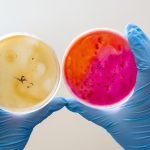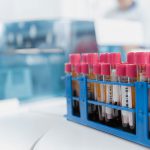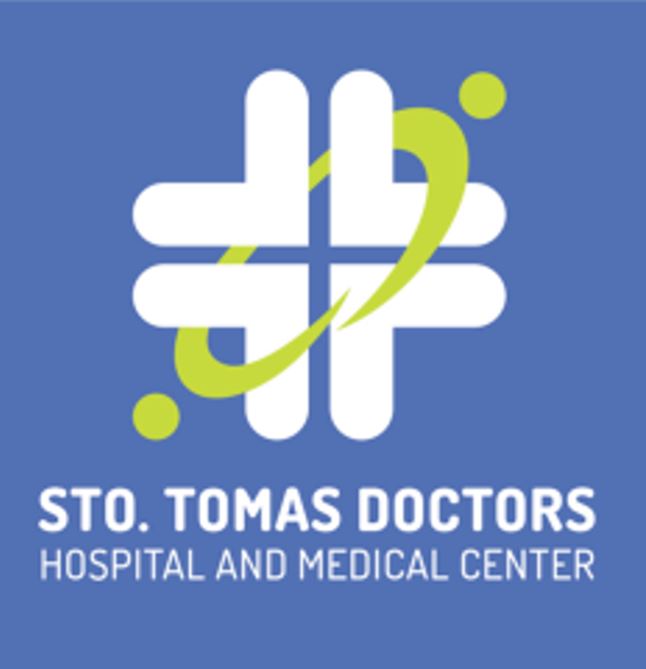
“How did we develop a Covid-19 vaccine so quickly?”
By Marie Balce
Undoubtedly, one of the most outstanding achievements in the medical field in this decade is the speed by which Covid-19 vaccine was developed. According to a 2013 paper from University of Rotterdam, on average, it takes 10 years to develop a vaccine, the shortest before Covid-19 vaccine was the mumps vaccine developed in 4 years.
So ???How did we develop a Covid-19 vaccine so quickly????
Here I have attempted to briefly summarise the original articles that were published in Medical News Today by Jocelyn Solis-Moreira on December 15, 2020 and in swissinfo.ch by Sara Ibrahim on January 8, 2021.
Data Availability
Researchers were not starting from scratch, there were data available on similar viruses such as common cold, SARS (Severe Acute Respiratory Syndrome) and MERS (Middle East Respiratory Syndrome). This meant scientists had existing data on the structure, genome, and life cycle of this type of virus.
Artificial Intelligence
Using available data, recent advances in artificial intelligence, made possible to predict the three-dimensional structures of very challenging target proteins with high accuracy and at a speed never been done before. A milestone was achieved when AlphaFold2, the AI system created by London-based company DeepMind, made it possible to rapidly determine several protein structures of SARS-CoV-2.
Amid a global pandemic, researchers quickly mobilized to share their coronavirus data with other scientists. Advances in genomic sequencing, researchers successfully uncovered the viral sequence of SARS-CoV-2 in January 2020 ??? roughly 10 days after the first reported pneumonia cases in Wuhan, China. The ability to fast track research and clinical trials was a direct result of this worldwide cooperation.
Funding for COVID-19 vaccine research
Funding ranging from the government to the private sector is critical in making COVID-19 vaccines. In the US, Operation Warp Speed (OWS) partnered with multiple institutions, including the National Institutes of Health (NIH) and the Centers for Disease Control and Prevention (CDC), to develop, manufacture, and distribute 300 million doses by early next year. The European Commission have also funded several vaccine candidates and worked with others in pledging $8 Billion for COVID-19 research. The UK government Vaccine Taskforce have also been a significant contributor to a wide variety of vaccine research. Recipients of this funding helped develop the Oxford/AstraZeneca vaccine. The designers of this vaccine were the first to publish peer reviewed efficacy results from phase 3 trials.






